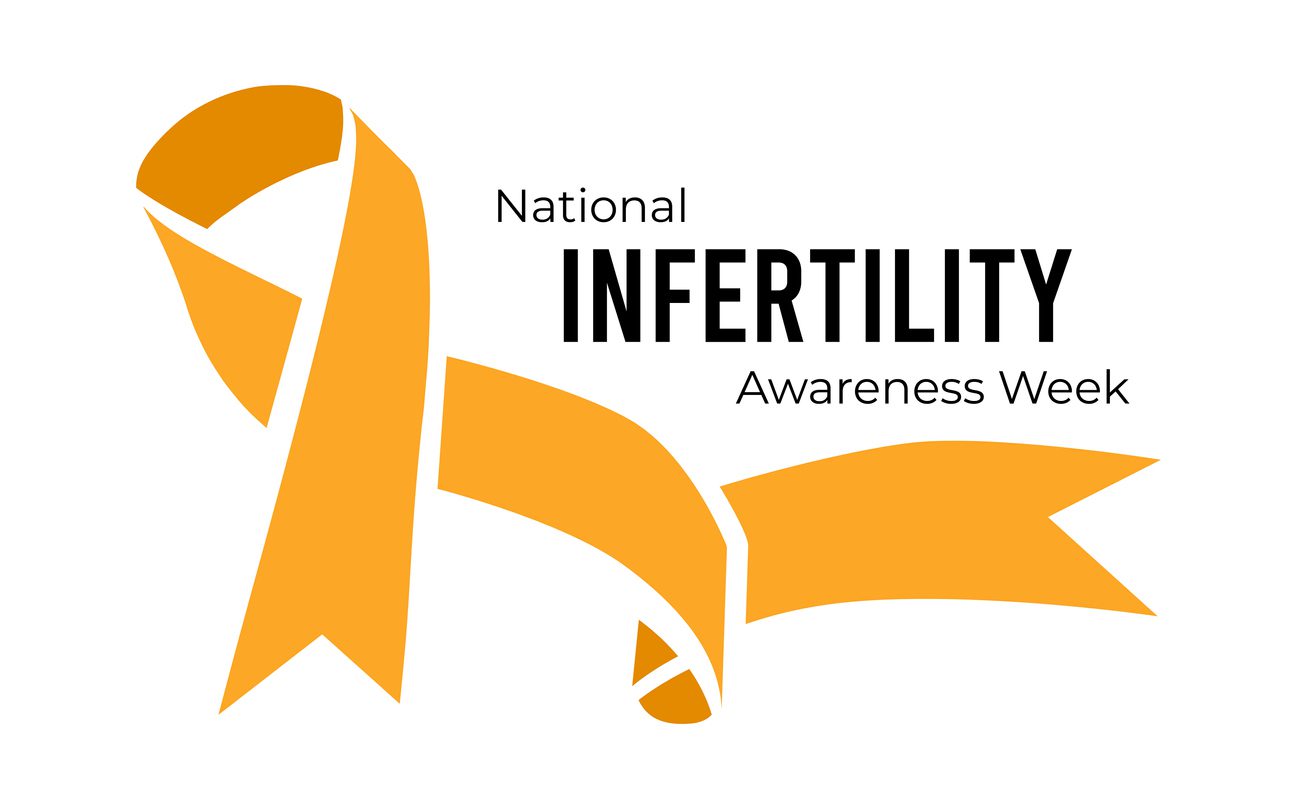Search by Color or Cause


National Infertility Awareness Week is observed during the last full week of April. It most often takes place before Mother’s Day in May. Infertility impacts millions of people in the United States and around the world. National Infertility Awareness Week is a national week of action. It aims to destigmatize infertility. And it tries to draw attention to the many barriers people face when trying to access fertility care to build their families. Wear an orange enamel awareness pin, fabric ribbon, or orange silicone awareness wristband bracelet to call attention to this important week.
The World Health Organization and Centers for Disease Control and Prevention define infertility as the inability to become pregnant after 12 months of regular, unprotected sexual intercourse. In the United States, an estimated 19% of married, heterosexual women struggle to become pregnant. Male-factor infertility occurs approximately 30% of the time.
Deeply entrenched racial and ethnic disparities in health disproportionately impact Black women in the United States. This is also seen in their rates of infertility and access to care. Indeed, Black women are nearly twice as likely as their non-Hispanic white counterparts to experience infertility. But, only half as likely to receive treatment.
Stigma, limited information, lack of insurance coverage, restrictive laws and policies, and high out-of-pocket costs put fertility care, including in vitro fertilization (IVF), out of reach for many. The out-of-pocket cost of a single cycle of IVF can cost upwards of $20,000. For uninsured people who need access to fertility care to build their family, the cost can be prohibitively expensive. With few exceptions, Medicaid doesn’t cover fertility care for its more than 75 million beneficiaries. This leaves many unable to access care.
Only 17 states in the United States have mandates that require insurance carriers to provide fertility benefits. Mandates vary from state to state. Not all of them are inclusive of the wide range of experiences of those who struggle with infertility. Unfortunately, infertility’s definition is often incorporated into these mandates. Insurance carriers can and often do use it to require single people and LGBTQ couples to first prove that they are infertile before becoming eligible for coverage. This means that single and LGBTQ couples have to pay out-of-pocket to undergo other methods of fertility care. These include intrauterine insemination (IUI) before receiving a diagnosis of infertility and finally getting coverage.
While less expensive than IVF, a single cycle of IUI can cost between $150 and $4,000 out-of-pocket. This depends on whether it includes hormone treatment and medical monitoring. Notably, the rates of success for IUI are lower than for IVF.
U.S. military members face similarly restrictive eligibility requirements that keep many of them from accessing the fertility care they need to build their families. Under TRICARE, for example, to be eligible for insurance coverage a service member must 1) be on active duty, 2) have experienced a serious illness or injury while on active duty, 3) have lost their reproductive ability due to that illness or injury, 4) be able to provide their own genetic material, and 5) have a lawful spouse who can also provide their own genetic material. These eligibility requirements are mirrored in the Veterans Health Administration and keep many in the military from accessing needed fertility care.
Infertility and access to fertility care implicate core human rights—including the rights to health, including sexual and reproductive health, reproductive and bodily autonomy, and to equality and non-discrimination. To respect, protect, and fulfill these rights, state and federal laws and policies must remove all barriers to accessing fertility care, especially for people facing multiple forms of discrimination, and ensure that they have access to the full spectrum of sexual and reproductive health information and care, including fertility care.